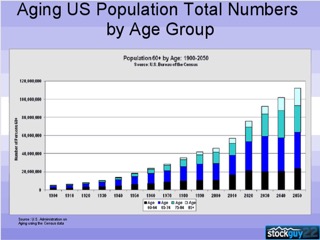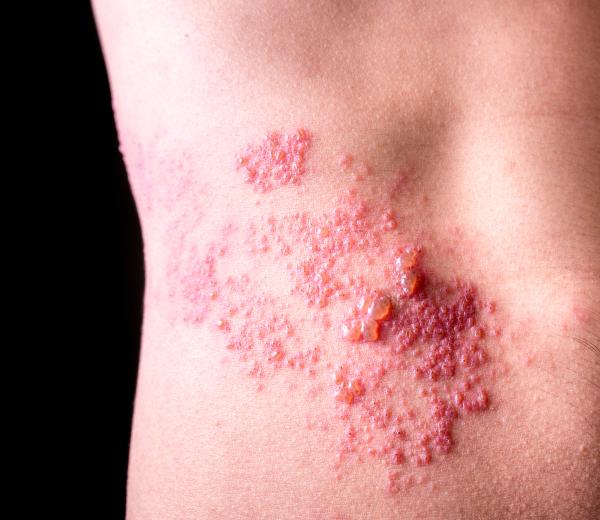As we've explained in the past, shingles is a reactivation of the chickenpox virus, varicella zoster, that results in an extremely painful eruption of blisters along a nerve pathway (a dermatome), and which can provoke long-lasting pain even after the blisters have healed (post-herpetic neuralgia). Shingles is most often seen in older people and those whose immune system is compromised for various reasons. The Zostavax vaccine against shingles (Herpes zoster) has been recommended for individuals over 60 for over 10 years.
A report just published in the New England Journal of Medicine presents the results of an investigation into the efficacy of a new anti-shingles vaccine — one that utilizes only a particular protein subunit of the virus to confer immunity against it.
Since the effectiveness of the immune system tends to wane with age, these researchers wanted to determine if the new vaccine would be as effective in older people (i.e. over 70) as it had been shown to be in those between 50 and 70. In an international study using centers in 18 countries, the researchers recruited over 13,000 individuals. Three thousand were over 80 years of age, and the rest were between 70 and 79. Half the participants were randomly assigned to receive 2 doses of the active vaccine, two months apart. The rest received placebo injections on the same schedule.

After nearly 4 years of follow-up, the vaccine efficacy was nearly 90 percent in both those between 70 and 79 years old, and those who were 80 or older, compared to those receiving the placebo injections — a result that was highly statistically significant. Similarly, the efficacy against postherpetic neuralgia in the few who did develop shingles was about 89 percent.
Since the US population is aging, with the number of individuals over the age of 65 expected to increase at least through 2050, effective vaccines against shingles and post-herpetic neuralgia will also become more and more important. A situation of constant pain, if not just discomfort, is not conducive to happy golden years!
The authors of the present study stated "we found that the adjuvanted subunit HZ/su vaccine reduced the risk of herpes zoster and postherpetic neuralgia among adults 70 years of age or older, without substantial safety concerns." Hopefully, this vaccine will reach the market at a reasonable cost, and will allow those too old to have benefited from the chickenpox vaccine to avoid the misery of shingles.




